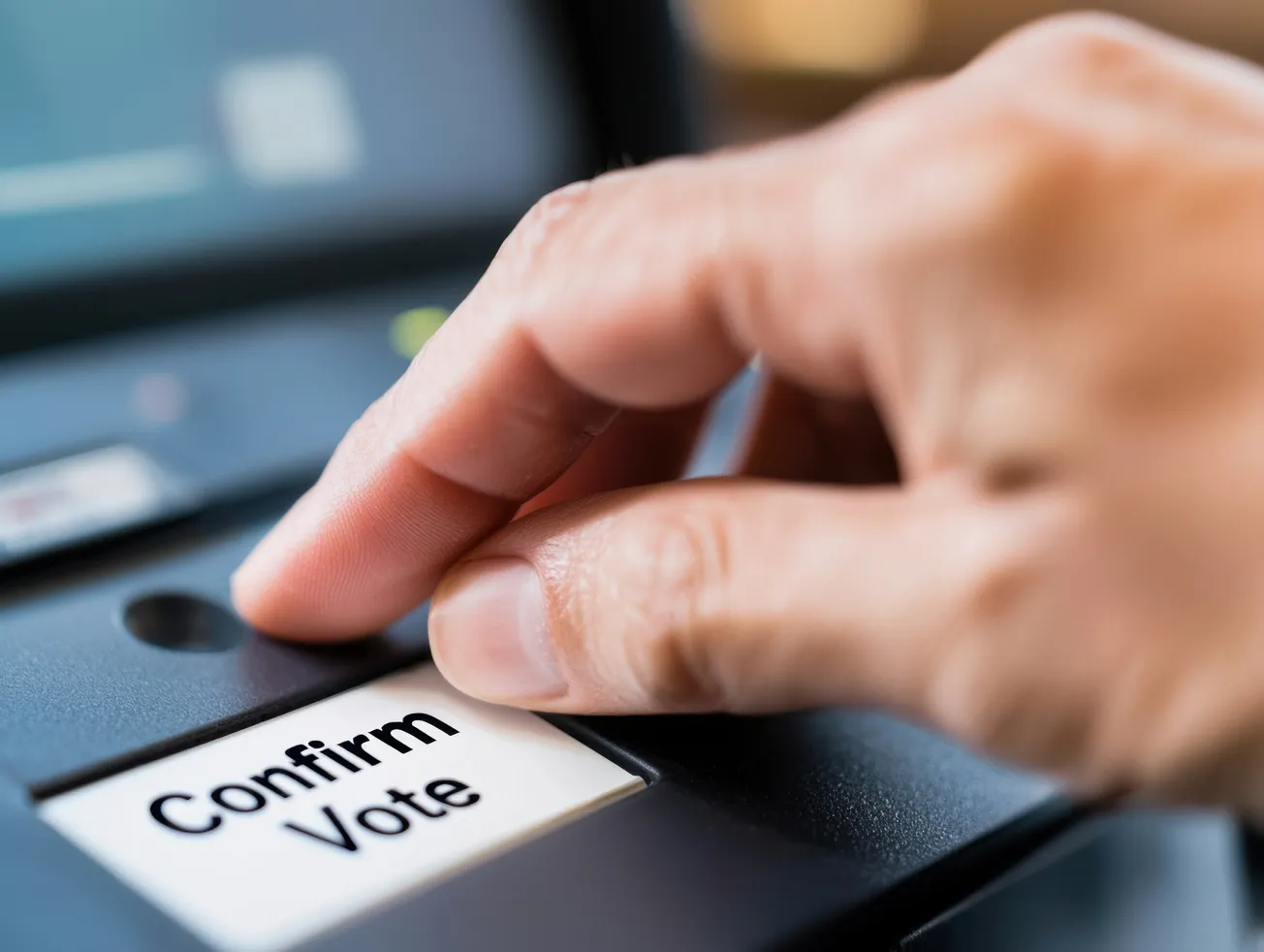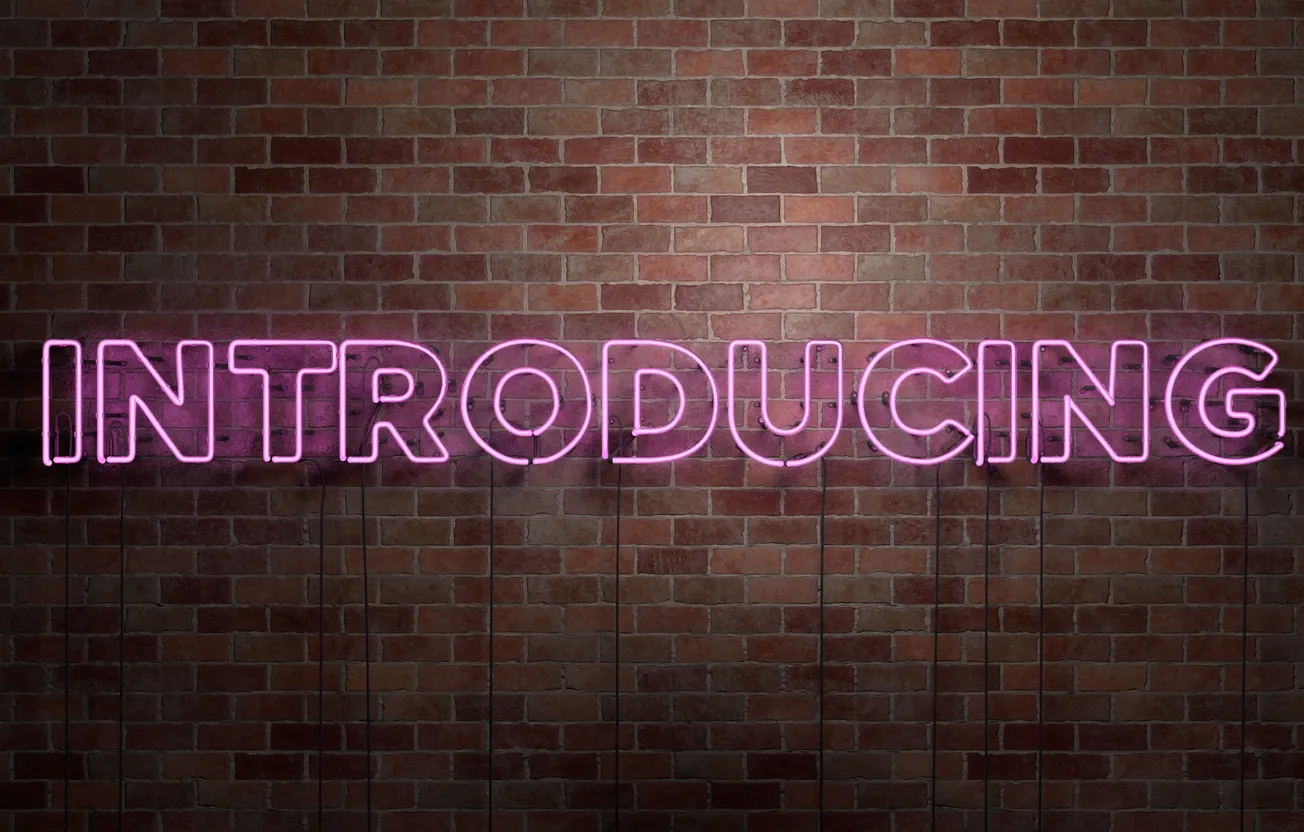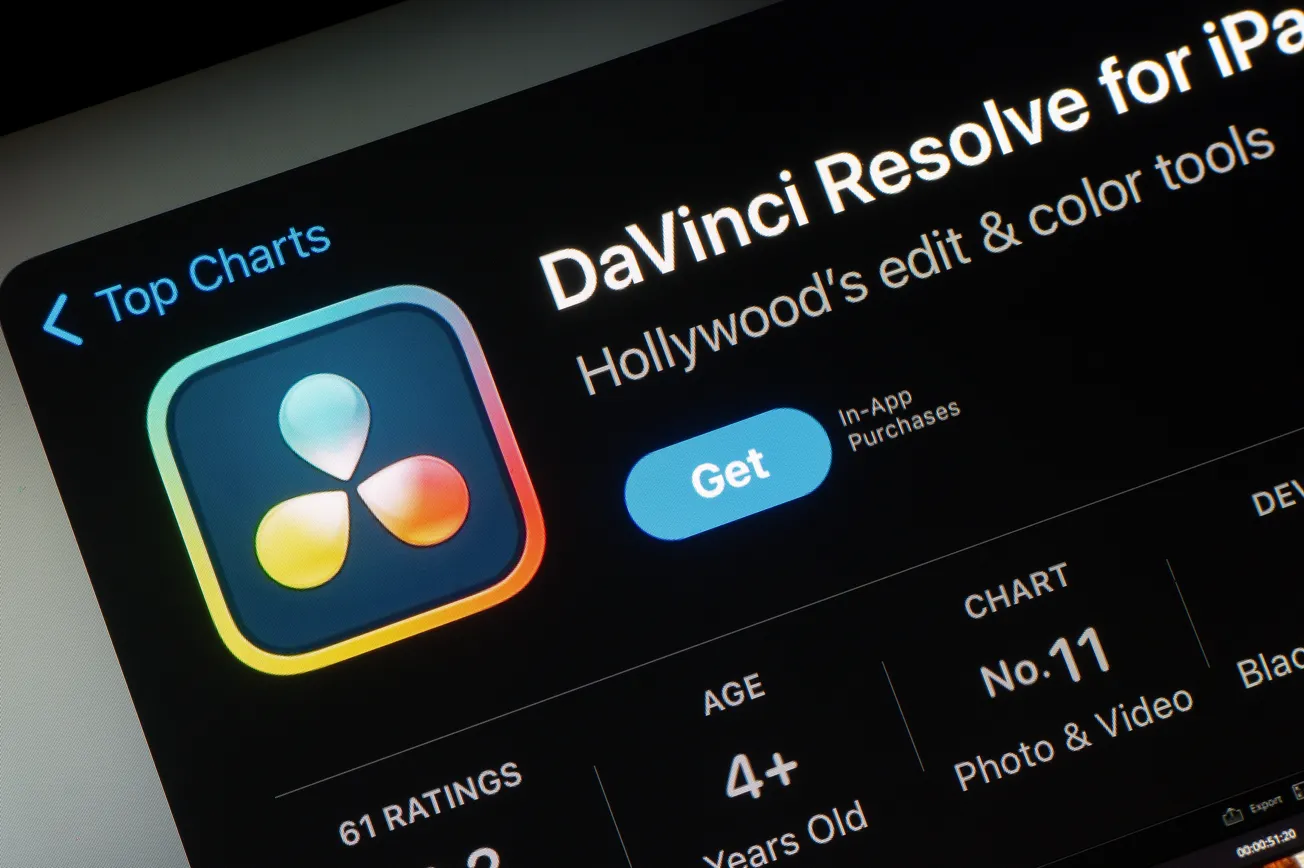Through in-depth storytelling, meticulous research, and widespread accessibility, podcasts have shed light on critical societal issues, influencing public discourse and, in some cases, even inspiring legislative change.
While some podcasts have successfully prompted new laws and regulations, others have highlighted issues that, despite public interest, faced legal and political roadblocks.
"Serial" and Criminal Justice Reform
Few podcasts have had as much impact as Serial, hosted by Sarah Koenig. The first season, which debuted in 2014, reexamined the 1999 murder of Hae Min Lee and the subsequent conviction of Adnan Syed. The series uncovered inconsistencies in Syed’s trial, ultimately leading to renewed legal proceedings.
Following the release of Serial, legal advocacy groups and independent investigators pushed for a reevaluation of Syed’s case. In 2022, after new evidence emerged, Syed’s conviction was vacated, demonstrating the power of podcast-driven advocacy.
The case also contributed to broader discussions on wrongful convictions, spurring interest in criminal justice reform.
Unsolved Histories and the Flight 293 Remembrance Act
In February 2025, the KSL Podcasts series Unsolved Histories: What Happened to Flight 293? led to the introduction of bipartisan legislation in the U.S. Congress.
The Flight 293 Remembrance Act, introduced by Senators Patty Murray (D-WA) and Dan Sullivan (R-AK), along with Representative Marilyn Strickland (D-WA), aims to formally recognize and support the families of military service members classified as "Missing Not In Action" (M-NIA) following non-combat plane crashes since World War II.
The podcast, hosted by Feliks Banel, investigates the 1963 disappearance of Northwest Airlines Flight 293 over the Gulf of Alaska, a tragedy that left families with unanswered questions and little formal recognition.
The Flight 293 Remembrance Act seeks to correct decades of oversight by ensuring M-NIA families receive the same recognition, updates, and support as those whose loved ones are classified as Missing in Action (MIA). It also calls for the creation of a database documenting non-combat military plane crashes and mandates ongoing evaluation of support efforts for affected families.
This case highlights how podcast journalism can drive historical awareness, justice, and policy change.
"This Land" and Native American Sovereignty
Hosted by Rebecca Nagle, This Land examines legal battles over Native American land rights.
The first season focused on Carpenter v. Murphy, a landmark U.S. Supreme Court case that questioned whether much of eastern Oklahoma remained Native American land under a treaty from the 19th century. The podcast helped bring national attention to the case, providing historical context and raising awareness of tribal sovereignty issues.
The Supreme Court's eventual ruling in McGirt v. Oklahoma (2020), which reaffirmed that much of eastern Oklahoma remains under Muscogee (Creek) Nation jurisdiction, aligned with themes explored in the podcast.
While the case itself was not a direct result of This Land, the podcast played a key role in educating the public and amplifying Indigenous perspectives.
"5-4" and Judicial Reform Discussions
The 5-4 podcast offers a critical examination of U.S. Supreme Court decisions from a progressive perspective.
While the podcast itself has not led to direct legislative action, it has been cited in academic discussions and legal debates concerning court reforms, such as expanding the number of justices or implementing term limits. Its analysis has informed progressive legal activists and policymakers in their push for changes to the U.S. judicial system.
"Canadaland" and Media Accountability
In Canada, the Canadaland podcast, created by journalist Jesse Brown, has been instrumental in holding media and political figures accountable.
One of its most significant investigations exposed ethical concerns surrounding the WE Charity organization, which had deep ties to the Canadian government. The podcast’s reporting contributed to a parliamentary investigation into the charity and a broader discussion on transparency in government contracts.
Proposed But Unsuccessful Laws Inspired by Podcasts
In Ireland, The 2 Johnnies podcast highlighted the issue of catfishing—where individuals create fake online identities to deceive others.
The podcast covered multiple stories of victims, including athletes, who suffered from such deception.
This led to a public outcry and calls for new legislation to criminalize catfishing. Outgoing senator Lisa Chambers proposed a bill that would make catfishing an offense under the Non-Fatal Offences Against the Person Act.
However, legal experts and lawmakers debated the feasibility of such a law, citing concerns over enforcement and potential unintended consequences, such as its impact on minors engaged in online deception.
As a result, the bill has yet to be passed.
"More Perfect" and Constitutional Amendment Debates
The More Perfect podcast, a spinoff of Radiolab, explores the history and implications of U.S. Supreme Court decisions.
One season focused on constitutional amendments, including discussions on reforms such as eliminating the Electoral College and modifying voting rights protections.
While the podcast provided valuable insights and contributed to broader public discourse, none of the proposed constitutional reforms discussed on the show have gained significant traction in Congress.
Challenges in Translating Podcast Influence into Law
Despite their success in raising awareness and influencing public opinion, podcasts face significant barriers in directly shaping legislation. Some of these challenges include:
- Political Hurdles: Many podcast-inspired legislative efforts face partisan roadblocks, making it difficult to enact reforms.
- Legal Complexities: Issues like catfishing, digital fraud, and criminal justice reform require nuanced legal approaches, which can slow down or derail proposed laws.
- Public Awareness vs. Legislative Action: While podcasts can inform and mobilize audiences, translating that awareness into political action requires sustained advocacy and lobbying efforts.
The Growing Influence of Podcasts in Policy and Law
Podcasts have proven to be a formidable force in investigative journalism, public advocacy, and legal discourse. Whether uncovering judicial injustices, highlighting historical grievances, or pushing for legislative change, podcasts have successfully bridged the gap between media and policymaking.
While not every podcast-inspired effort results in new laws, the medium's ability to engage audiences and spark meaningful discussions ensures that its influence on public policy will only grow in the years to come.








